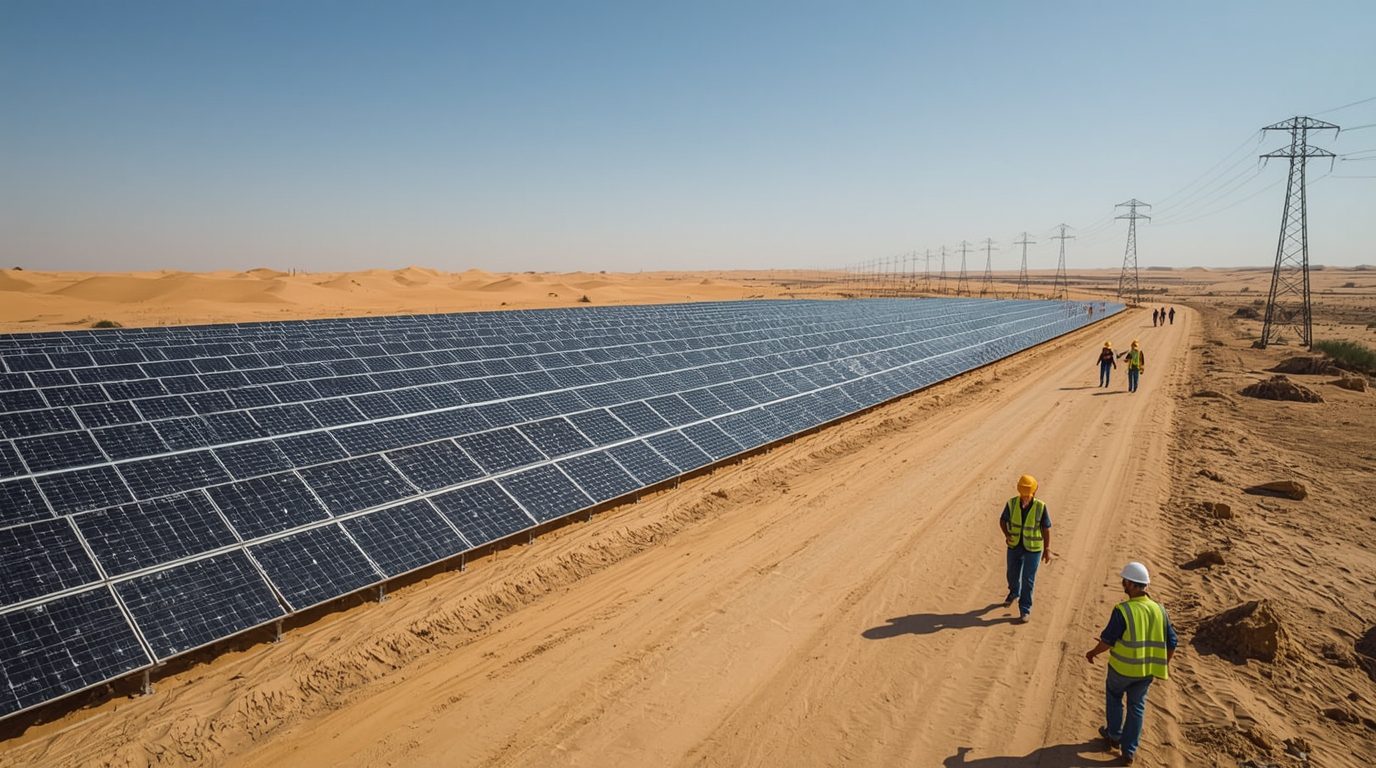
Tensions Escalate Amid New US Export Restrictions on Chinese Tech Firms: Beijing Calls Move ‘Extremely Malicious’
Hong Kong – October 1, 2025 – The United States expanded its export restrictions to include Chinese firms’ subsidiaries blacklisted for national security reasons. Many consider this the most aggressive move yet from the US in the ongoing tech war, leading to an “extremely malicious” response from Beijing.
The US Department of Commerce extended restrictions to subsidiaries 50% owned by blacklisted companies, equating it to their parent entities. This addresses a loophole long criticized by lawmakers and analysts.
“For too long, loopholes have enabled exports that undermine American national security and foreign policy interests,” Jeffrey I. Kessler, Under Secretary of Commerce for Industry and Security, stated.
Implications of the New US Rule
The new rule will have an impact on tens of thousands of Huawei, YMTC, and DJI subsidiaries and affiliates. These companies will be subject to the same licensing restrictions as their parent companies when trying to acquire US technology or products.
This could pose major obstacles to global technological collaboration and impact supply networks, especially in these areas:
- Semiconductors
- AI
- Superior, automation-aided robotics
- Advanced military technology
The Military End-User list also includes these and strengthens the US position on avoiding the misuse of dual-use tech for military objectives.
Beijing’s Response: ‘Extremely Malicious’
The US commands the position of ‘the most evangelist’ tech country in the world and so their ministry of commerce publicly warned of counteractions. This position is in direct response to the US ‘evangelist-’ pertaining to the supply of semiconductors and artificial intelligence and for military automated robotics threats geopolitical position and hybrid.
The ministry of commerce, for the first time, issued a ‘most evangelist’ position, and the phrase ‘extremely malicious’ permeated their talk as they tracked US actions against their aggressively controlled global market and technological aspirations.
The Recent Military End-User List Extension
The timing could not be more advantageous and is planned just before a meeting of the two most ‘evangelists’ of the world, President Trump and Xi Jinping, to be rounded in South Korea.
Some experts think that saying something is “extremely malicious” is a way of saying something is a negotiation tactic, or a way of saying that stronger responses in trade will come from China.
Also, this growth fits with US lawmakers and think tanks who previously said that the rules were too weak, or called rules ineffective to begin with.
On the Huawei and Honor Case
The 2023 House Foreign Affairs Committee report called the Entity List too “easy to bypass.” One example given was Huawei’s selling of its smartphone brand, Honor, to a consortium with ties to the Chinese government.
Back in 2019 when Huawei was blacklisted, Honor was never added to the list, which critics saw as a way of ignoring the legal restrictions. That case is oftentimes brought back to discuss subsidiary loopholes and the need for stricter control.
One Congressional report described this sort of corporate restructuring as “extremely malicious.”
What Policy Experts Are Saying
One of the most commonly voiced opinions is that the new subsidiary rule is a policy change that “many observers would consider a bordering on overdue correction.” These experts want to frame the change in subsidiary policy in the context of the interconnected global structure of modern tech firms, and most specifically Chinese and Russian firms that dominate the Entity List.
Perspectives are shifting based on updated materials pertaining to how corporates evade restrictions. After all, pretending that subsidiaries are unrelated to each other is futile.
The introduction of new legal entities by blacklisted companies to evade restrictions has brought concerns from the Commerce Department, especially from those interested in the so-called diversionary schemes.
The bordered world has warranted the breakdown of the so-called malicious schemes alluded to by the Chinese in hostile deflection and even Chinese ministries and the US.
Global Consequences: Technology Investments and Supply Chains
Given the ruling on US-China technology restrictions, the global semiconductor and AI supply chains will feel the ripple effect as Chinese companies are intertwined with US-based intellectual property and equipment.
Multinationals that partner with both the US and China will have greater restrictions. Declined contracts, stalled product redesigning, and more will follow.
Investors and stakeholders in global supply chains are concerned as the Chinese government promises direct retaliation on capital investments.
Expected Chinese Government (Counter)Measures:
As the hardened rhetoric on the Chinese side has advanced, new countermeasures to protect Chinese companies are anticipated in the future.
Previously, China imposed its own version of the “Unreliable Entity List” identifying foreign companies that comply with US restrictions, and there is more and more speculation that new additions are due to be announced.
Beijing calls foreign interferences “extremely malicious”, and so the investment reviews, new technology restrictions, and tariff modifications are likely to come.
What Happens Now?
Getting ready for the APEC Summit, geopolitics is shifting and the focus is on how the US and China will manage the results of the restrictions China placed on “strategic technology”. Like the previous Trump administration, the Biden administration keeps restrictions on “strategic technology” going to competitor countries.
But with China using stronger words like “extremely malicious,” it indicates the need for advanced rhetoric, and there is political, economic, and technological pressure.
We will see if delicacy works, but the US and China technology decoupling is advancing.
Conclusion: A Defining Moment in US-China Tech Tensions
This may seem to simply be another bureaucratic construct, but it highlights the strategic rivalry and deep distrust that is becoming part of the global technology landscape.
Beijing’s repeated description of the move as “extremely malicious” speaks volumes. It is not just an accusation; it is also a signal to domestic and international audiences that the restrictions are considered to be a threat to China’s technological sovereignty.
As both countries prepare for possibly tense diplomatic meetings, investors, businesses, and policymakers should brace for a world in which “extremely malicious” is a descriptor of the new reality.



Table of Contents
Reference Website : https://edition.cnn.com/2025/09/30/tech/us-export-curbs-expansion-beijing-anger-intl-hnk
Read More Article : bizrush.co
Up next
Trump Confirms TikTok Deal: What It Means for Social Media In a landmark development for the social media landscape, President Donald Trump has confirmed that a deal to transfer the…

Libya Drives Forward the Expansion of Renewable Energy With the Inauguration of Its First Solar Facility Libya solar power plant begins operations in the secluded town of Kufra which is…
More Read













